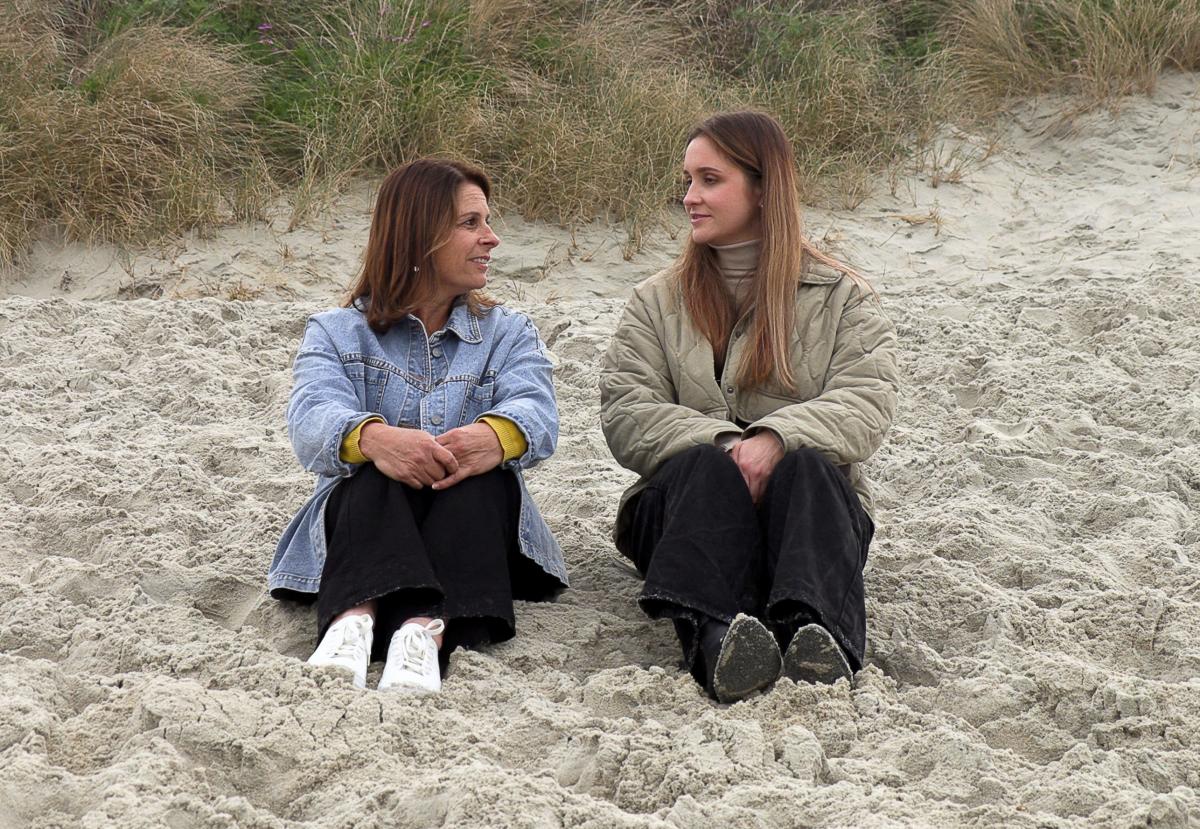An Oamaru mother and daughter are part of an emotional new video series developed by the New Zealand Familial Breast and Ovarian Cancer Trust to help raise awareness of the impact of genetic cancer in families.
Each year, an estimated 170 New Zealanders are found to carry an inherited faulty gene that significantly increases their risk of developing breast or ovarian cancer.
The trust this week launched the New Zealand-based patient and whānau videos that tell real stories of two affected families.
Kerry Weir, of Oamaru and her daughter, Tayla, 26, tell their story — their loss, and the life-saving decisions they faced, including preventive surgeries.
Mrs Weir said she was “thrilled” to be involved.
“It gives people the opportunity to see real people, what they’ve been through, how they are and the emotions that you feel,” she said.
Trust chairwoman Dr Simone Petrich said their merger with cancer charity The Gift of Knowledge this year enabled them to expand awareness by developing the video series, filmed in Dunedin.
Mrs Weir said after witnessing several family members die from cancer, she was found to be a carrier of a common breast cancer gene and subsequently underwent a full hysterectomy at the age of 38, followed by a double mastectomy and reconstruction at the age of 40.
“For me, it was a blessing that I could be proactive, and I could plan, and I could do something to reduce my risk.
“I was pregnant with my son at the time I was first diagnosed and they said I needed the surgery before I was 40, because my aunt had passed away at 41 from ovarian cancer,” Mrs Weir said.
Mrs Weir and her partner, Harvey, have three daughters and one son.
Two of her daughters have tested negative, although her eldest daughter, Tayla, has tested positive for the gene. .
Tayla said her mother’s experience was mostly positive.
“Mum had the best-case scenario. All her surgeries went well and she didn’t really have any complications that I can remember.”
While it was a “bit of a heart drop” moment to find out she carries the gene mutation, Tayla said she planned to undergo preventive surgery after having children to reduce her cancer risk.
